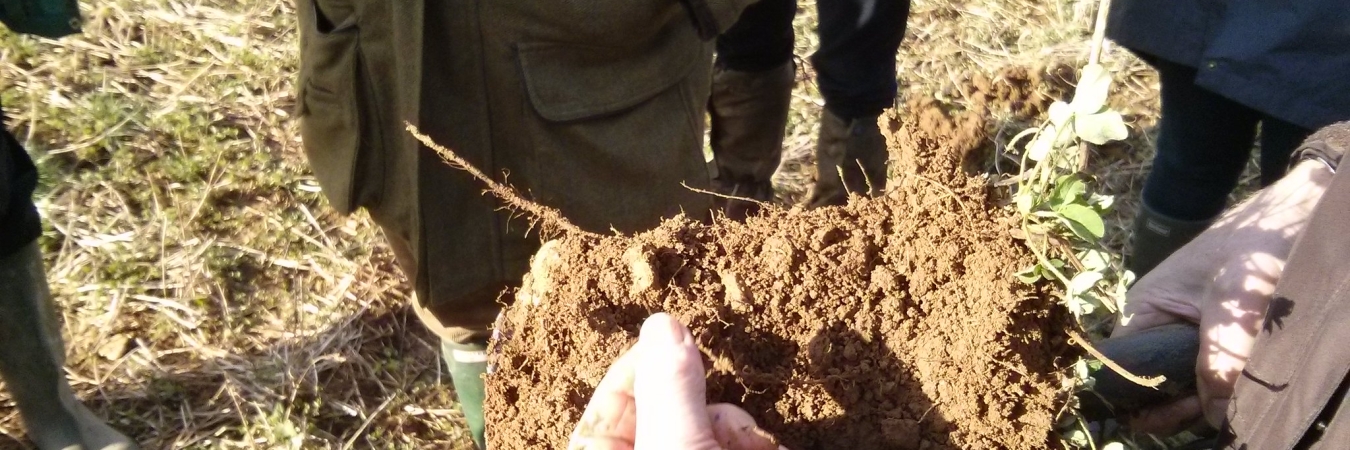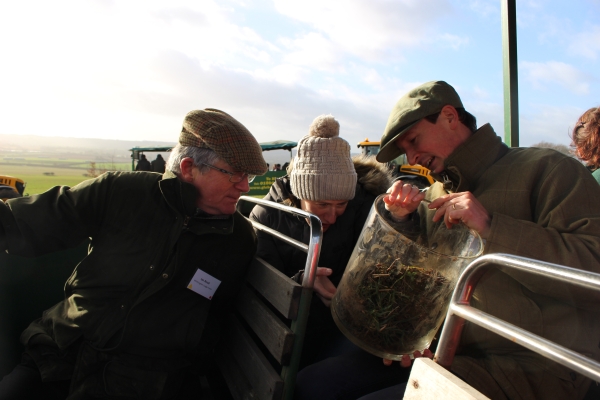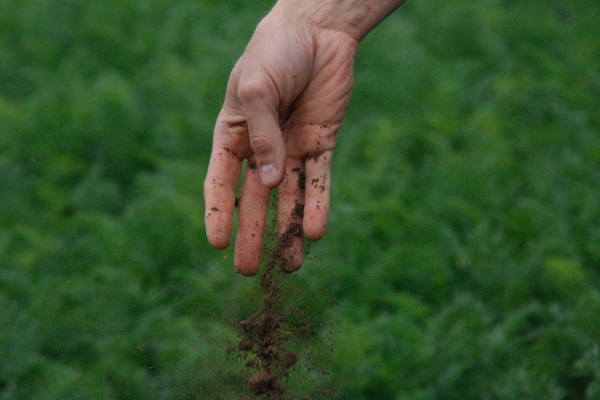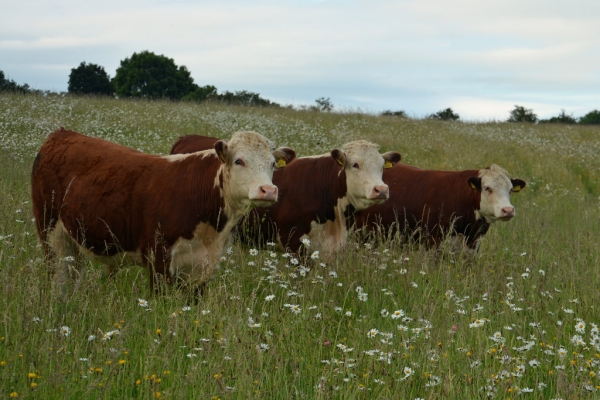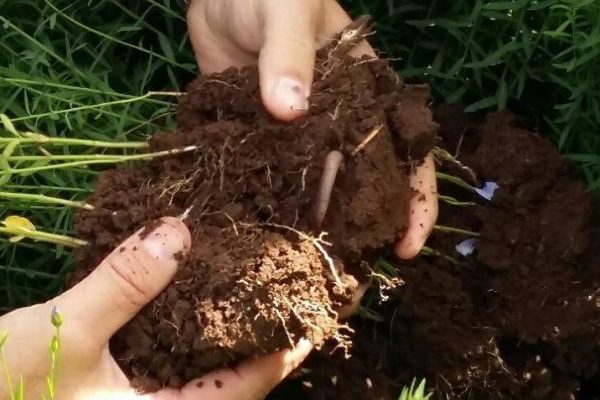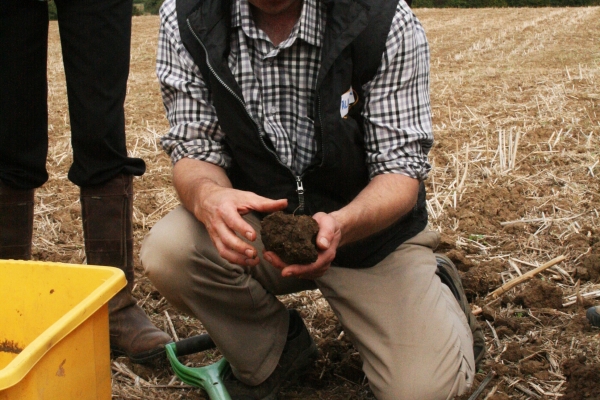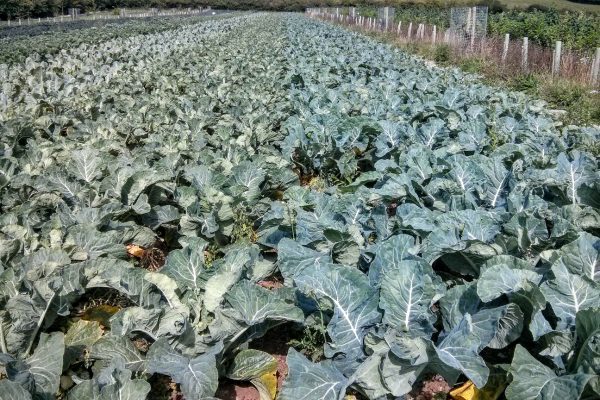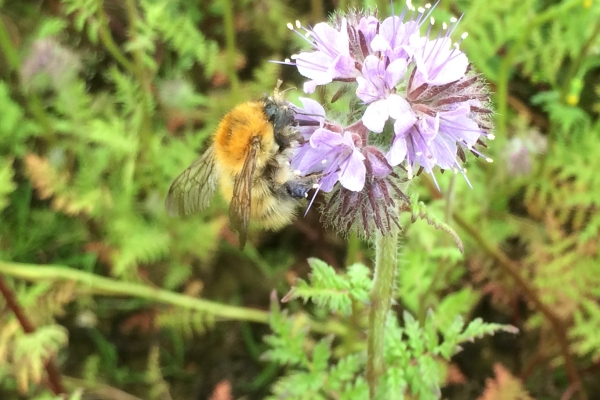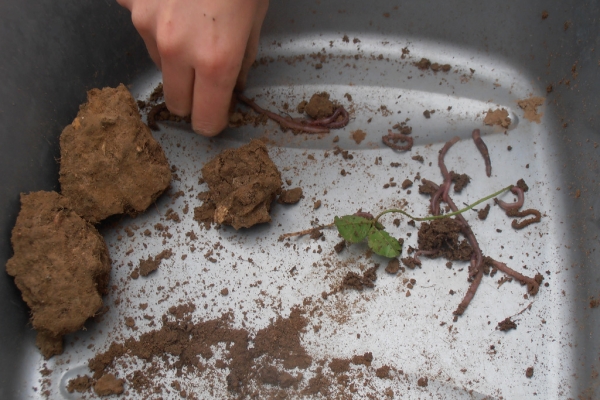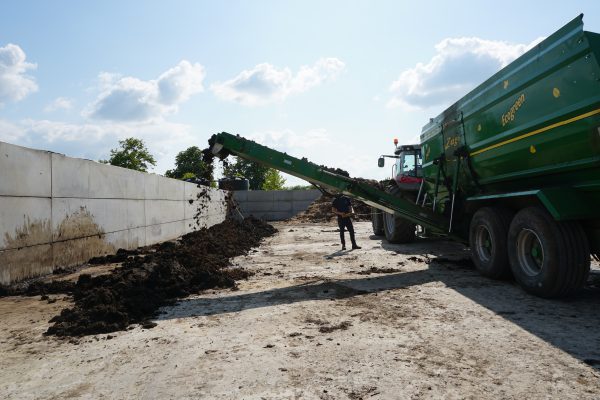Measuring and managing soil organic matter
GREATSoils factsheet
Resource explained
To help understand how organic matter cycles in the soil and how it affects soil processes, we usually consider organic matter as three main pools – fresh plant residues (litter, decaying roots) and small living soil organisms, decomposing (active) organic matter, and stable organic matter, often linked tightly to the clay minerals (sometimes called humus). Organic matter adds to soil fertility and overall soil health by enhancing the physical, chemical and biological properties of soil. This GREATSoils factsheet explores different ways in which organic matter can be added to soil and how you can measure how much organic matter is in your soil.
Findings & recommendations
- Ensuring there are regular additions of organic matter to ‘feed’ the soil is more important than achieving any particular measured value of soil organic matter.
- Organic matter is more than half carbon – researchers more often talk about soil organic carbon than soil organic matter, but these are different ways of measuring the same basic soil property.
- The general rule is adding more organic materials builds more soil organic matter. Organic materials can range widely in their water content – from only 10% to 90%. The amount of carbon applied is closely related to the total dry matter application; each tonne of dry matter contains about 580 kg of carbon.
- Spring crops have been shown to have the highest direct yield benefits from improved organic matter management, especially in years with extreme weather; this is likely to result from better establishment and more rapid rooting.
- Work shows that, although increases in soil organic matter are positively related to the amount of organic matter added, not all organic matter inputs have the same impacts – this factsheet includes a useful table for reference, showing the impacts of various organic materials.
Summary provided by:
Janie CaldbeckRelated articles
Farmerama podcast that includes ADAS soil scientist Lizzie Sagoo talking about soil health and soil organic matter at the Agricology Field Day in January.
Recording of an Organic Growers Alliance's Organic Matters 22 conference session exploring stockfree organic standards and carbon sequestration, mobile green manures, Organic-PLUS trials on fertility-building...
A useful report to help increase understanding of when and how to use organic matter to help improve soil quality on your farm.
Georgia Eclair-Heath discusses the findings from a survey by the University of Reading which asked farmers about their soil health testing practices.
Improving and managing soil fertility in organic farming systems though soil analysis; what you need to know and how you can do it.
Good soil management can save you time and money. This leaflet gives you a practical overview of what to do.
A GREATsoils factsheet detailing the main green manure species suitable for use in high value vegetable and salad rotations and summarising benefits they can bring
Tips to help you choose the most appropriate methods to assess and manage your soil health - provided by the GREATSoils project team.
Anaerobic digestate and compost as sources of plant nutrients and organic matter; research findings and guidance on practical application.
